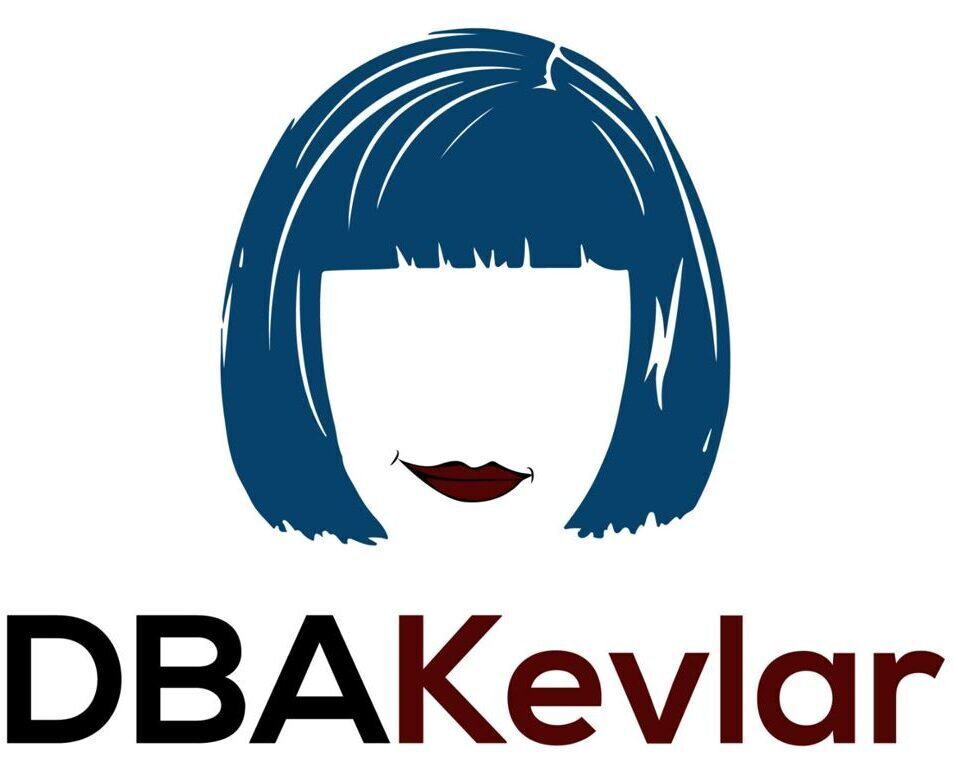Why I Move On, and Why You Might Need To
I mentor between three and five individuals at any given time. Many are women, though I mentor men as well. These conversations are always insightful, hopefully for them, not just me, and over time, some clear patterns have emerged. Today, I want to share a few of the tried and true rules I’ve learned and shared as part of these valuable interactions.
Why I Leave Roles (and Why You Might Consider It Sooner)
Here’s the truth: I have a very low tolerance for leadership foolishness.
People sometimes ask, half-jokingly and half-seriously, why I’ve changed jobs more often than others in my field. The real reason? I learned early on that my job is only as good as my boss. If leadership starts making foolish decisions, whether around people management or company vision, I begin to map my exit strategy.
Microsoft gave me above-average management, which is why I stayed for five years. At other places, I’ve often lasted around two years and not because I wasn’t contributing, but because I know my value. When it’s recognized and utilized, I can deliver in the top 1%. But being AuDHD, I can spot a lack of direction or leadership almost immediately. Once I see that, it’s no longer emotional, but strategic. (Okay, there was one time it was personal, but I digress…)
This approach has given me an incredibly diverse career in tech. I’ve learned from the good and the not-so-good, and those lessons now shape the advice I pass on to mentees, especially those navigating career changes during this turbulent time in the industry.
- Today’s Tech Industry Is Not Yesterday’s
This isn’t just about tech, but about the modern job market in general. We’re no longer in an era where you stay at one company for your entire career. Most pensions are gone and if you speak to millennials, many of them aren’t aware of what a pension is. Stock options, although popular, vest in a few years. 401Ks transfer easily, so this is not an anchor for employees to stay with a company.
In most states, work is at-will. The company doesn’t owe you a lifetime job, and you don’t owe them your loyalty at the expense of your career or worse- your happiness. You’re providing a service: your skills, your ideas, your output. In return, you deserve a constructive work environment and leadership that knows how to lead.
- You’re Staying Too Long (and It’s Costing You)
Far too often, I meet people who’ve stayed in roles where they’re undervalued, underpaid, and under-led.
Sometimes they stay because the benefits or salary feel “secure.” Sometimes it’s to see if a bad culture is temporary. But here’s the hard truth: if the issues are long-term, the company isn’t going to change for you.
When I see someone whose salary no longer matches their experience, 90% of the time it’s because they’ve stayed too long. Salary increases inside a company average 1–4% per year. Changing jobs? That can mean a 20–30% jump, even without perfect negotiation skills.
And staying too long can lead to panic moves: jumping to the first job offer just to escape, rather than strategically picking the right next step. That’s why I recommend starting your search nine months to a year before you plan to leave. I care about my mentees’ future and I want them to land in a better place than whence they came, not worse.
- Keep Your CV and LinkedIn Always Current
Your CV and LinkedIn aren’t “when I’m job-hunting” tools, they’re living career assets. Keep them fresh so you’re always ready when opportunity knocks because I can attest, many of my opportunities presented themselves when I wasn’t looking and took months to navigate to ensure both parties were satisfied with the result.
Quick checklist:
- Show impact: List what you’ve done and the value it delivered, including revenue earned, costs saved, projects shipped.
- Be visible: Blog, guest post, write white papers, present, run webinars, or even write a book. Show that you bring value beyond the job description.
- Be authentic: Borrow ideas if they resonate, but don’t try to be a carbon copy of someone else. If you just copy what’s already out there, you risk becoming “white noise” in the chaos of the internet.
- Add detail: Don’t just list a title, but explain your responsibilities and achievements.
- Update quarterly: If you tend to forget, set a calendar reminder.
- You’re Only as Good as Your Network
Every single job I’ve had since 2009 came from a personal recommendation. In many cases, I didn’t even know the role existed until someone in my network said, “Hey, you should come work with us.”
Networking doesn’t have to mean “salesy.” It means being visible, building relationships, and staying connected so people think of you when opportunities arise. Conferences, LinkedIn, videos, blogs- these things make you known before you walk into the interview.
When a new opportunity comes up, I always talk to people in my network at that company to get the real story. I’ve never regretted reaching out to someone and its ensured I felt more confident with my decision to join an organization.
- Don’t Get Hung Up on Titles
Job titles are meaningless these days. Focus on the work itself. If a role fits even 40% of your skills, apply.
Also, once inside a company, keep your eyes open. Many of my roles evolved far beyond the job description I was hired for and this can be seen in title changes over the years. I happened because I spotted a gap, proposed a new role, and convinced leadership it would help the business. A great manager will recognize the value and make it happen, even with a company as large as Microsoft.
When you know your worth and can demonstrate your impact, you’re not just applying for jobs, you’re creating your own future.
Whether you’re just starting out or deep into your career, remember: your loyalty belongs to your career, not a logo. Learn from each role, build your network, keep your tools sharp, and never stay where you’re undervalued. The right role with the right leadership is out there and you’ll be ready when it comes.

